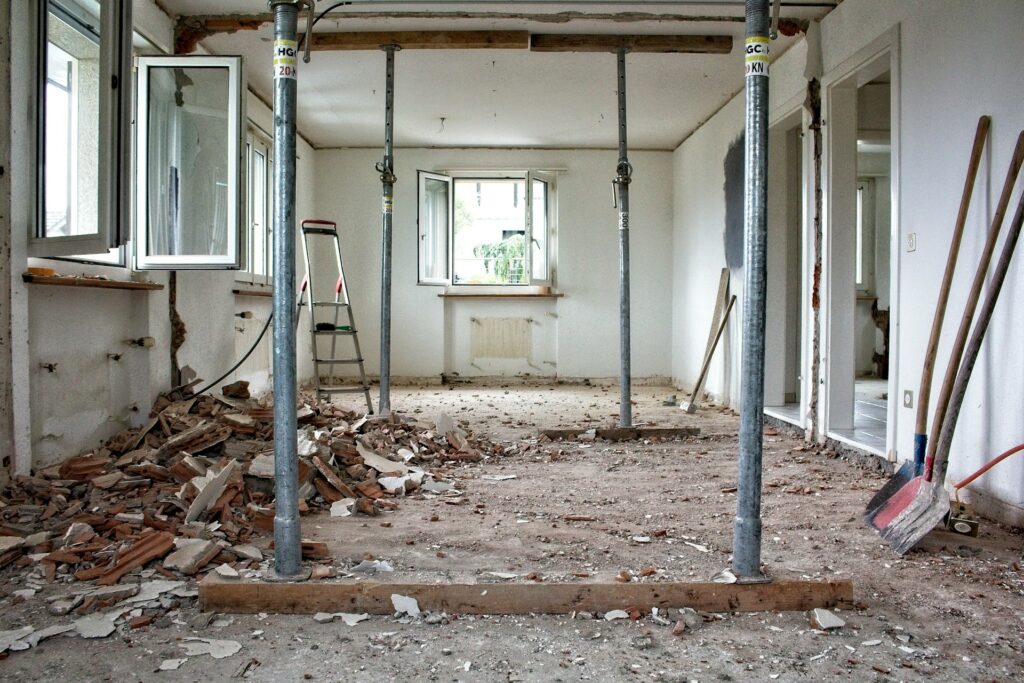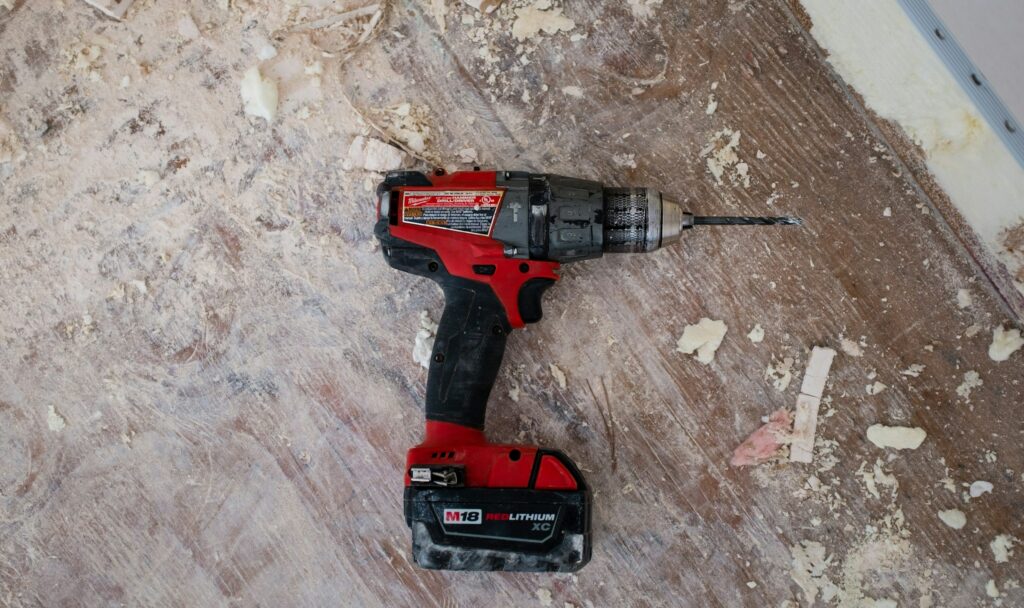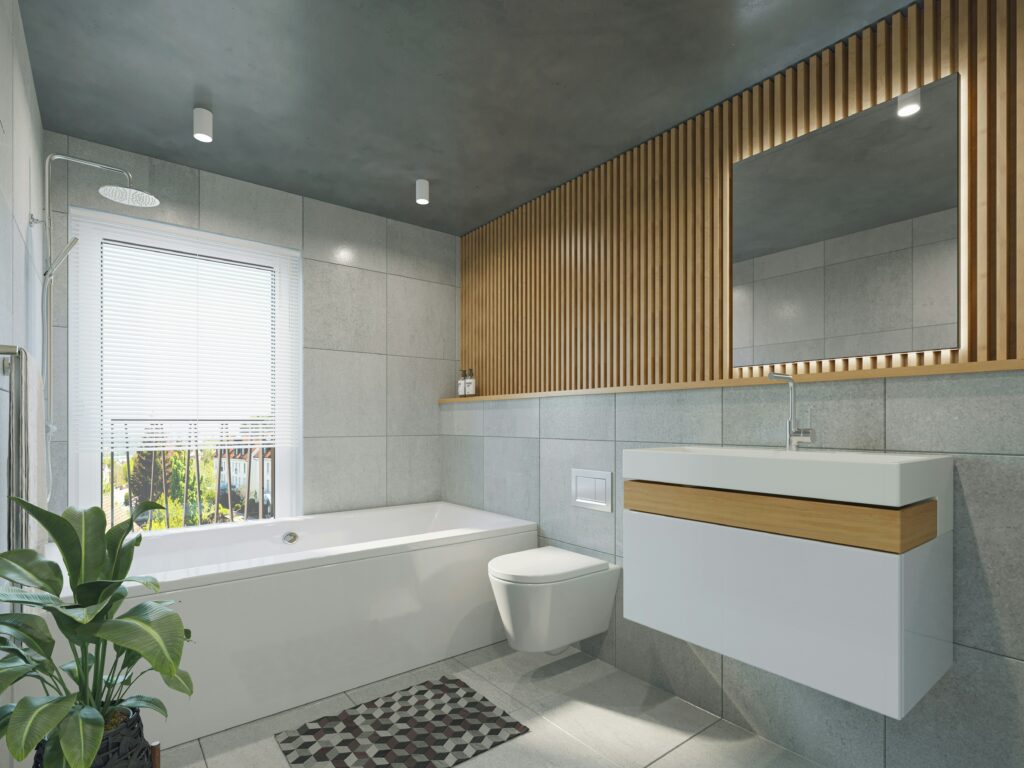There are many ways in which a leaseholder could make alterations to their property to improve its condition, its size, its value, or to improve their own quality of life. However, it’s important to undertake these alterations legally and responsibly and without breaching the terms of their lease. (We’ll briefly cover alterations to freehold properties too).
Under most leases (though not all), a leaseholder cannot make any significant alterations to their property without first obtaining consent from their landlord. But the lease will not include detailed instructions about the kinds of alterations that can be undertaken, and under what circumstances.
Enter the type of permission known as a ‘licence to alter’. Such a licence regulates the relationship between the lease, the leaseholder, and the landlord. It provides written consent for the leaseholder to go ahead with alterations to their home and specifies the terms and conditions under which they can be carried out.
This is not a standard document. It can’t be pulled out of a drawer and applied to any situation. A licence to alter should only be granted when the details of the lease and the building in question have been carefully considered. As there are few standard leases, so there are few standard residential buildings. The internal layouts of individual flats are likely to have been altered over the years so it is vital to assess the impact of the proposed alterations not only on the individual leaseholder’s flat but also on the homes of neighbouring leaseholders and on the building as a whole before permission is granted for works to go ahead.
How does the process work?
Granting a licence to alter is the result of a process that begins when the leaseholder asks the landlord for permission to carry out the alteration. The landlord should appoint a building surveyor to review the proposals, assess them in the context of the lease and report on their implications for the building.
The building surveyor will then give a professional opinion on whether or not the licence should be granted. If not granted, they will explain why. If consent is to be given in principle, the building surveyor will also provide recommendations for the terms and conditions of that consent. At this stage, the landlord will ask its retained solicitor to draw up the formal licence to alter itself, liaising with the leaseholder accordingly.
In addition to the lease, the licence to alter must take account of relevant planning law and the building regulations. And in the case of proposed works to a flat, there are further considerations: first, any management guidelines pertaining to the block, and second, the interests of other leaseholders, who may have to be consulted.
The end result is permission to go ahead with the suggested alterations, with reasonable conditions and timescales attached.
What type of works will need a licence to alter?
A licence to alter must be based on the terms of the lease, but it will be tailored specifically to the particular alteration. Some of the most common improvements that people want to make to their homes include:
- Moving/removing internal walls
- Adding a second bathroom or wet room
- Hard floor finishes
- Expanding into loft space.
Help with your licence to alter application
Licence to alter is simple in theory but it can be complicated in practice. Leaseholders are well-advised to seek professional guidance from a building surveyor in the first instance who will be able to advise on issues such as:
- Lease interpretation (e.g. tripartite leases mean a more convoluted consent process)
- Landlord and managing agent liaison
- Appointment of architects, designers and contractors
- What’s possible under the Building Regulations
- Listed Building Consent
- Party Walls
- Structural considerations
- Presence of asbestos.
Ask the experts
Licence to Alter Limited has decades of experience dealing with consents for work, acting for leaseholders and landlords. As a leaseholder seeking consent, navigating the process without an expert could mean your intended works do not proceed or the timescales are elongated significantly. Our advice is to speak to us as early in the process as possible – careful and methodical expert preparation could make all the difference.
A note on freehold properties
If you are an owner of a freehold property and you wish to carry out works to your home, you may have fewer requirements with which to comply. However, there may remaining planning permission and building control issues; Party Wall agreements to be negotiated; and estate management scheme, conservation area or listed building constraints to overcome.
If in doubt, contact us.



